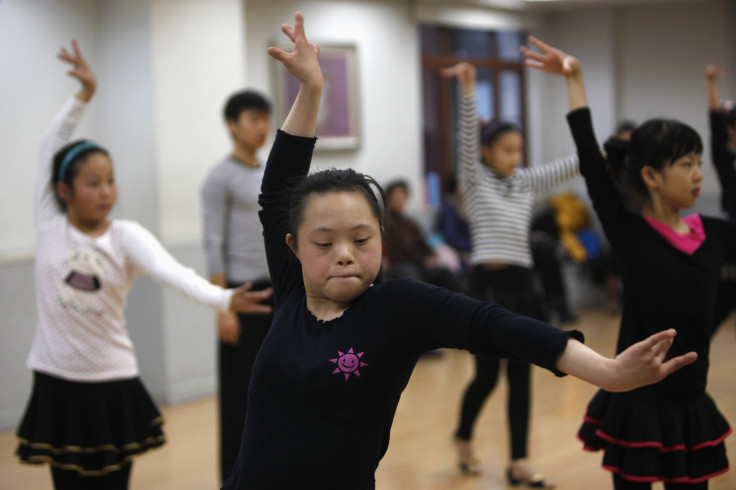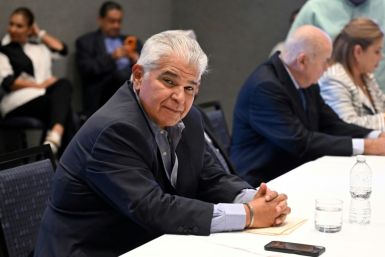Madeline Stuart, An Inspiring Teen Model With Down's Syndrome, Challenges The World To Change Its Perception Of Beauty

Any form of physical or mental deformity becomes a social stigma for the person harbouring it. But this notion might be up for a challenge as an 18-year-old with Down’s syndrome has decided to embrace her disability as a "gift. " The determined teen, Madeline Stuart from Brisbane, Australia, who had struggled with her weight as a child, has now lost 40 pounds with the help of various physical activities such as cricket, gymnastics, basketball, swimming, dancing and cheer leading.
Her recent photographs posted on her official Facebook page, titled “Madeline getting Downs to modelling,” has received 50,000 likes in just eight days. The page describes her ambition to be a model and wishes to change the view of society towards people with Downs’s syndrome.
She says, "I decided I needed to change my lifestyle and eating habits so I would live a long healthy life. Now I have decided I would like to help others to also achieve this."
Down’s syndrome, or trisomy 21 (XXX), is a genetic disorder caused by the presence of an extra copy chromosome 21 due to abnormal cell division. The disorder is clinically associated with developmental delays. People with Down’s syndrome exhibit low muscle tone or hypotonia, a small mouth with protruding tongue, a flat back of the head, along with flattened facial features. Complications like leukemia, heart disease, dementia, sleep apnea, obesity or development of other infectious disease are common occurrences of races and economic levels, a mother who is 35 years and above is at increased risk of having a child with it.
Madeline finds her support system in her mother, Rosanne, who always encouraged her and protected her from unwanted criticism. She says, “I remember having her in a stroller when she was a baby and small-minded people telling me she should not be out in the public. Her doctors told me she would never achieve anything."
Rosanne strongly believes that people suffering with this genetic condition are still capable of doing anything but with their own pace. What they need is a chance. In turn, they will definitely reward you with something beyond expectations.
With advancement in medical technologies today, children with Down’s syndrome are living a longer and better life. What is required is more interaction with such individuals, in addition to an increase in need for widespread public education and acceptance.
To contact the writer, email:ruchira.dhoke@gmail.com






